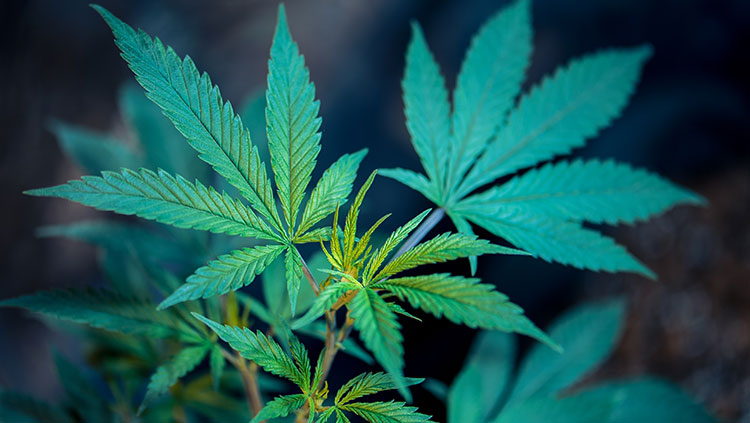(BALTIMORE – January 13, 2025) – I am a lifelong Democrat who lives and operates a business in a 9-to-1 Democratic city (Baltimore) and a 2-to-1 Democratic state. My Black brothers and sisters are overly incarcerated in a penal system that incarcerates 25% of the people behind bars across the world. However, while we, as a people, constitute 15% of the US population, Black men comprise 38% of the people incarcerated, and Black women are the fastest-growing demographic behind the walls.
To me, it makes no sense that given a Black governor, a Black attorney general, a Black treasurer, and the most significant Black caucus of state legislators in America, why not one Black-owned dispensary exists in my home city.
We have been overly incarcerated for cannabis, but yet, thus far, it has been impossible for us to own a dispensary. I have seen brothers slammed to the ground for a joint or a dime bag, but now that cannabis is legal, Black people cannot seem to get a piece of the business. Something is fundamentally wrong with this equation.
If political power does not translate into economic empowerment, it means nothing.
When President Obama was in office, I talked with a dear friend who lives in Talbot County. Her name is Moonyene Jackson-Amis, Esquire, and she does re-enactments of Harriet Tubman. I asked her one day what Harriet would say about President Obama. She paused. Then she looked me in the eye and said, “Harriet would say, ‘President Obama, it was never supposed to be about you. It was supposed to be about us.’”
Historically, America’s racist and sordid past has never allowed it to be fair and true to Black people. The fight for equity in the cannabis industry is a reflection of the broader struggle for justice and opportunity that Black Americans have faced for centuries. The glaring absence of Black-owned dispensaries in Baltimore, despite the legalization of cannabis and the political power wielded by Black leaders, underscores a systemic failure to translate progress into tangible economic empowerment for our communities.
If we are to honor the sacrifices of those who came before us—like Harriet Tubman and countless others who fought for freedom and equality—we must demand more than symbolic victories. True justice means breaking down the barriers that have excluded Black entrepreneurs from thriving in industries built on the backs of our communities. It’s not just about representation; it’s about ensuring that the promise of opportunity is real, equitable, and accessible to all.

